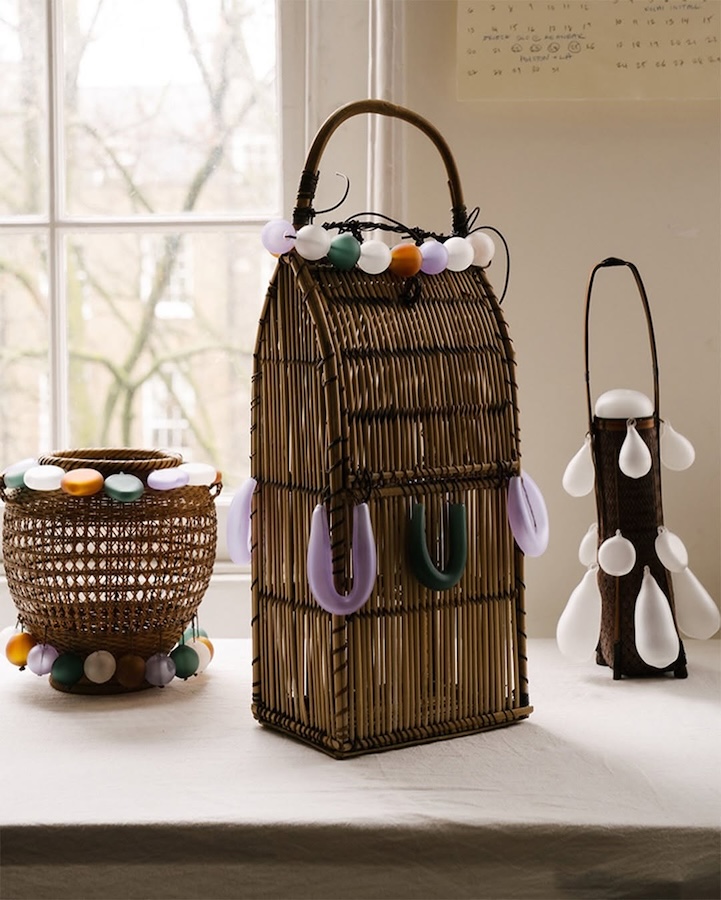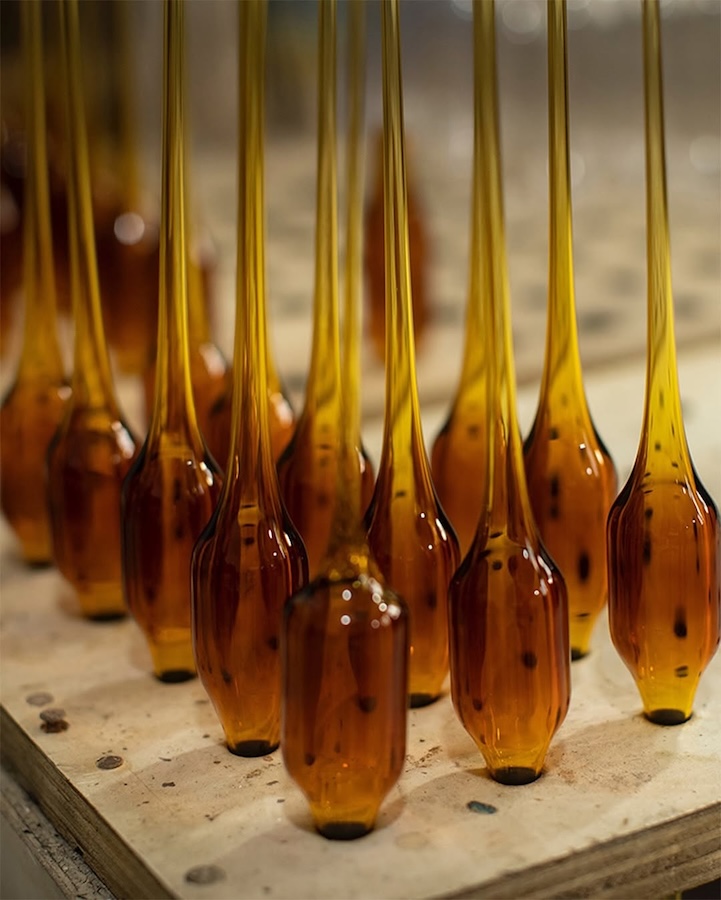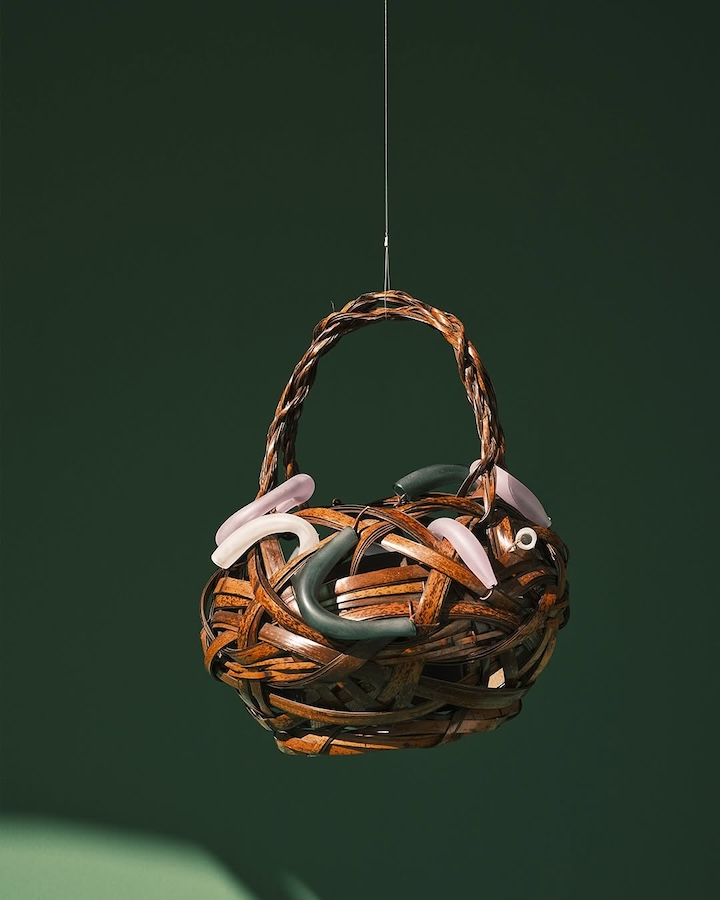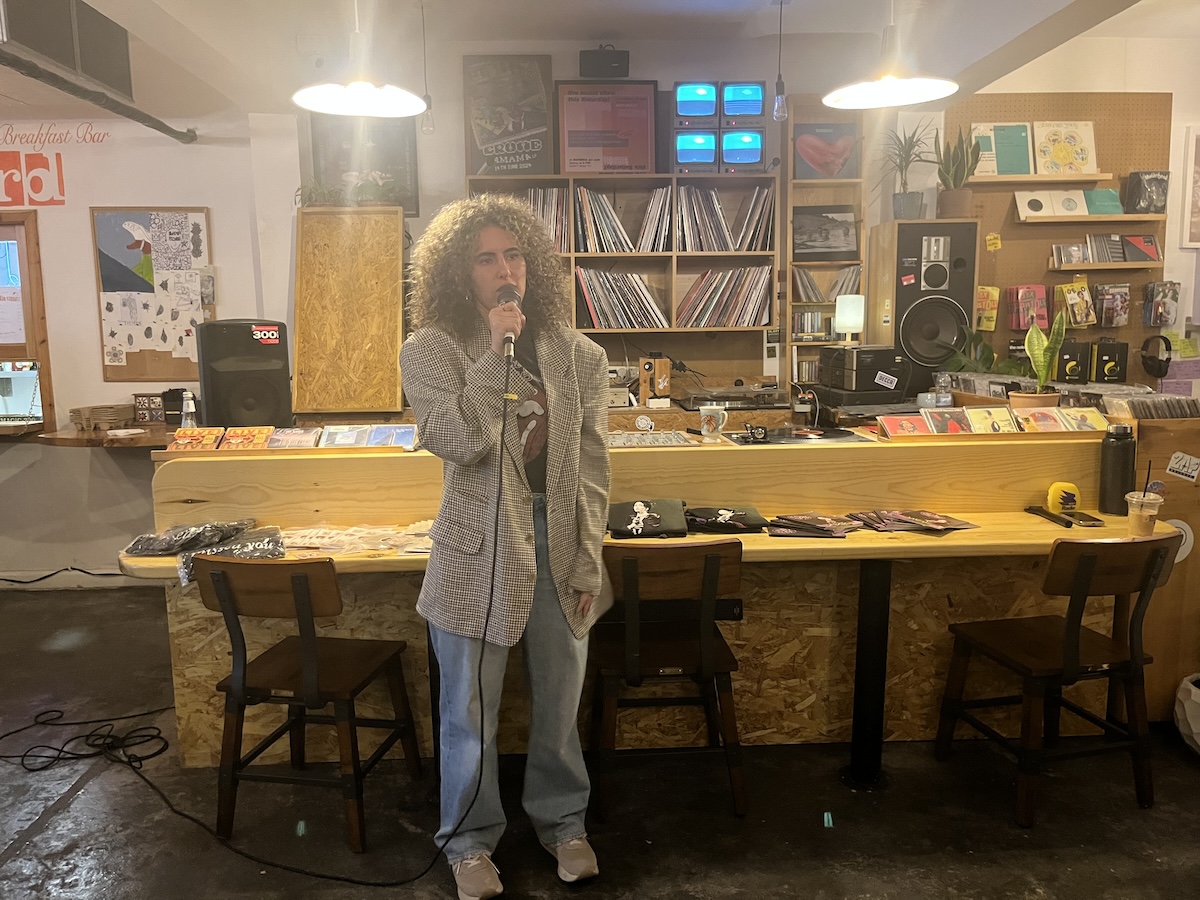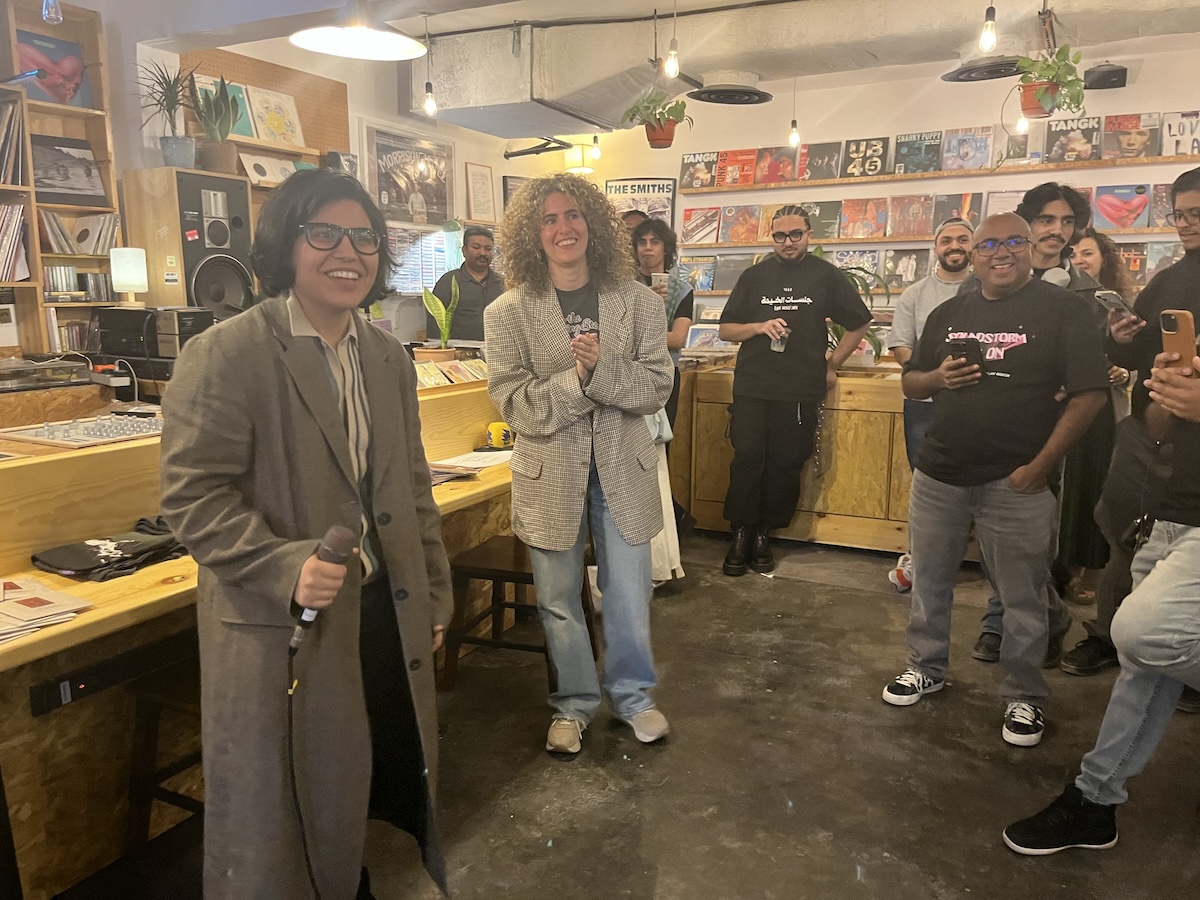BUKHARA: As a young Saudi girl, I didn’t often hear stories from my late Uzbek grandmother about her homeland. Instead, she shared her heritage through food. During family gatherings, she would pile our plates high with Bukhari rice, a fragrant dish as rich in history as Uzbekistan itself. But neither my father nor my siblings had ever been to her homeland, so when I was offered the chance to go — close to my birthday too — it felt like a gift from destiny.
Saudi citizens can now visit Uzbekistan without a visa, and though it remains a niche tourist destination, the country has been a crossroads of Islamic, scientific and cultural development, for centuries, influencing Central Asia and the wider Islamic world.
It has been home to some of the Islamic world’s most significant scholars, including Imam Al-Bukhari, Al-Tirmidhi, Al-Biruni and Al-Khorezmi. Their contributions to science, mathematics and astronomy are still globally influential.

The walls of the ancient city of Khiva in Uzbekistan. (Getty Images)
While glitzy Tashkent, the capital, offers a beguiling blend of modernity and history — and the country’s best shopping options — you’d be doing yourself a disservice if that was your only destination.
Try, for example, the storied ancient city of Samarkand in the northeastern Zerafshan River valley. Once a hub on the Silk Road, Samarkand is a tapestry of Persian, Greek, Arabic, Mongol and Soviet influences, and earned UNESCO World Heritage status in 2001. Founded in the 7th century BCE and flourishing during the Timurid era of the 14th and 15th centuries, Samarkand became a beacon of Islamic culture. Its famed Bibi-Khanym Mosque and the Registan Square are exemplars of Islamic creativity; the square’s trio of majestic madrasas — Ulugh Beg, Sher-Dor, and Tilya-Kori — feature intricate tilework, calligraphy and design that influenced Islamic architecture far and wide. I had the best ice cream there, too.

The Bibi-Khanym Mosque, Samarkand, Uzbekistan. (Getty Images)
Bukhara, another millennia-old Silk Road city that has long been a center of Islamic scholarship and spirituality, is another must-see. During the Golden Age of Islam, the city became a hub of Sufi thought and Muslim theology, and today it houses more than 350 mosques and 100 religious institutions. It was here that Imam Al-Bukhari compiled “Sahih al-Bukhari,” a major work of Sunni Islam.
Designated a UNESCO World Heritage site in 1993, Bukhara offers a rare view into a perfectly maintained ancient Islamic city. Highlights include the Ark of Bukhara fortress, dating back to the 5th century, and the Ismail Samani mausoleum, a pristine example of 10th-century Muslim architecture. The city’s Poi Kalan complex — consisting of the Kalan Mosque, Kalan Minaret, and Mir-i-Arab Madrasa — is a fine showcase for Islamic decorative arts, with tilework and mosaics that have survived through the centuries.
Both cities are also celebrated for their artistic traditions, which are central to Uzbekistan’s identity. Their high-quality silk, handwoven carpets, and embroidery, notably using the traditional textile adorned with intricate floral and geometric patterns are fan favorites. Along with the hand-painted pottery and other handmade goods, the quality on offer will make you wish you had more suitcases with you.

Traditional rugs for sale in Bukhara, Uzbekistan. (Getty Images)
As for the food, Uzbek cuisine is influenced by flavors and techniques from across Central Asia. While it’s heavy on the meat — horse is very popular — there are some great vegetarian dishes and plenty of pomegranates to go around. The plov, a famous rice dish with fragrant meat, carrots and spices, is a must-try; indeed, the plov I shoveled down in Bukhara was better than anything I ever tasted at my family home. Sorry grandma.
My next favorite thing was to rip into the fresh bread and dried fruit — perfect.

Plov — a traditional Uzbek dish of rice and meat. (AN Photo)
While Samarkand and Bukhara are major draws, Uzbekistan’s other regions offer further gems. In Khiva, the well-preserved walled city of Ichan-Kala takes visitors back to the Silk Road days with palaces, mosques and minarets aplenty. The Fergana Valley, known for its agriculture and craftsmanship, boasts pottery in Rishtan and silk weaving in Margilan — crafts that have been handed down for generations.
Traveling within Uzbekistan is both affordable and convenient, with well-connected train routes between the major cities. While Uzbek and Russian are commonly spoken, you can usually find menus with oddly worded English translations at most places. And if not, then smiles and hand gestures go a long way in bridging any language gaps with the friendly locals.
For Gulf tourists seeking a road-less-travelled destination, but with familiar historical and cultural links, Uzbekistan is an ideal choice.






